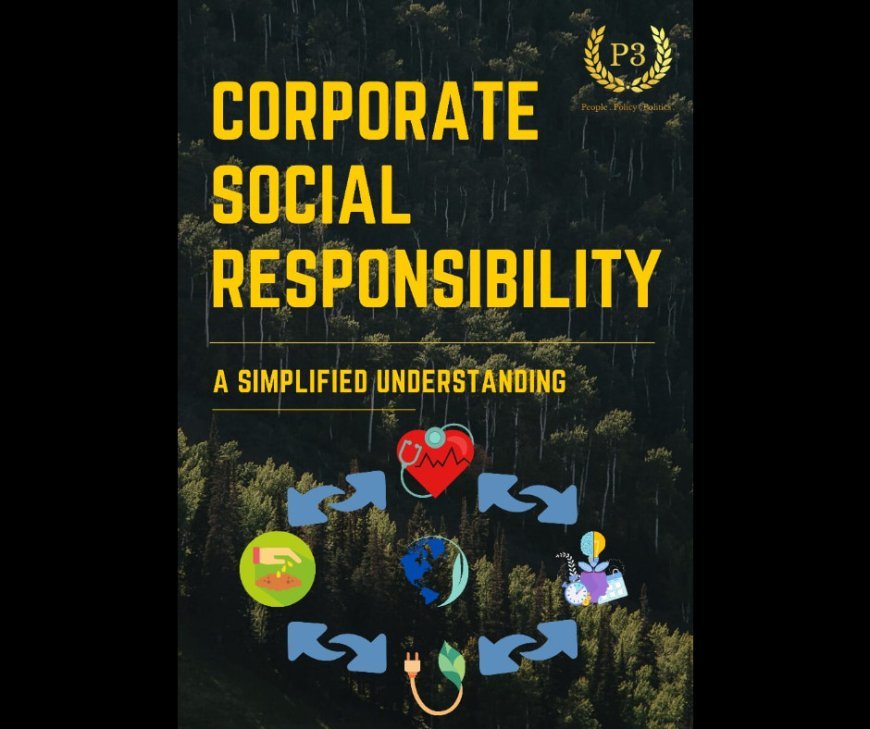What is Corporate Social Responsibility (CSR) And Why is It Important?
Corporate Social Responsibility (CSR) is an important part of any business. It helps organizations and brands build trust and credibility with their customers, employees, and the public. CSR initiatives help organizations to differentiate themselves from their competitors, build relationships with stakeholders, and increase brand loyalty. CSR initiatives can also help to reduce costs and increase profits through improved efficiency, better customer service, and increased employee engagement. Additionally, CSR activities often have a positive impact on the environment, communities, and society in general. By taking part in CSR activities organizations are able to demonstrate their commitment to social responsibility and ethical business practices.
Top CSR Trends you need to know in 2023:
Deciding how to invest your company’s Corporate Social Responsibility (CSR) fund can be a difficult task. It is important to consider the impact that your investment will have on the local community and environment, as well as the potential returns it could generate. There are many sectors available for CSR investments, ranging from education and health care to renewable energy and environmental protection. Each sector has its own unique set of challenges and opportunities, so it is essential to thoroughly research them before making a decision.
The 5 sectors that are expected to see strong growth in CSR investment in the next few years:
1. Environment: With the global push for a more sustainable future, businesses are under pressure to reduce their environmental impact. This includes investing in renewable energy, reducing waste, and protecting natural resources.
2. Education: There is a growing recognition of the importance of education in achieving sustainable development goals. Businesses are therefore investing in education initiatives that provide access to quality education for all, especially in rural and urban areas.
3. Healthcare: Healthcare is another key area of focus for sustainable development goals. Investments in healthcare help to improve access to essential medical care and treatments, especially for marginalized communities.
4. Rural Development: There is a growing realization that rural areas must be included in the global push for sustainability. Investments in rural development help to improve livelihoods and protect natural resources.
5. Renewable Energy: As the world looks for cleaner and more sustainable sources of energy, renewable energy is becoming an increasingly attractive option for businesses. Solar, wind, and hydropower are all expected to see significant growth in investment over the next few years.
Of course, it's important to carefully consider each potential investment before making any decisions, as not all CSR initiatives will be equally successful or cost-effective. This is where P3 (www.thep3.in) steps in. With our team of subject matter experts and their varied fields of expertise, P3 helps you identify the biggest developmental gap in your target territory and composes a strategic and operational algorithm to help you decide, how you can get maximum benefit by investing your CSR funds.












